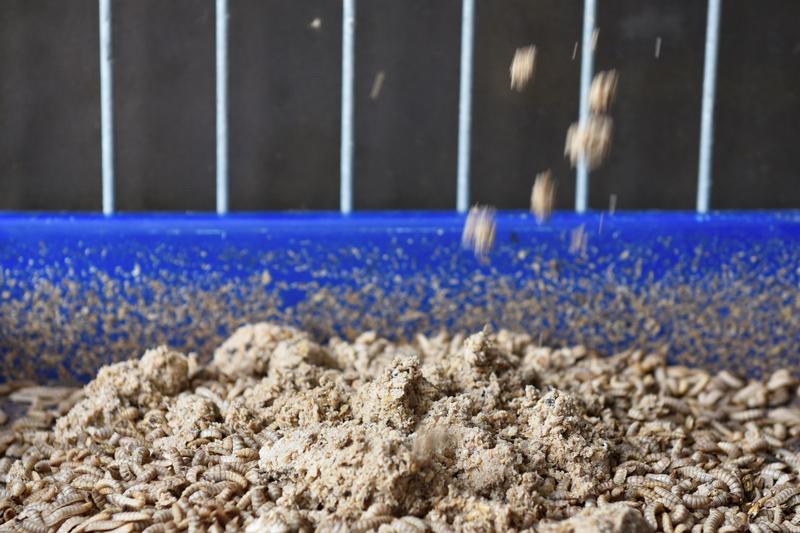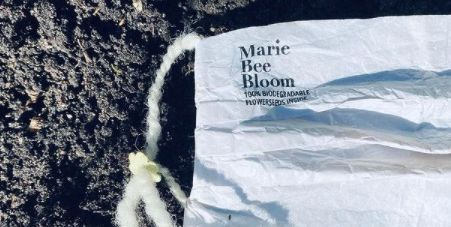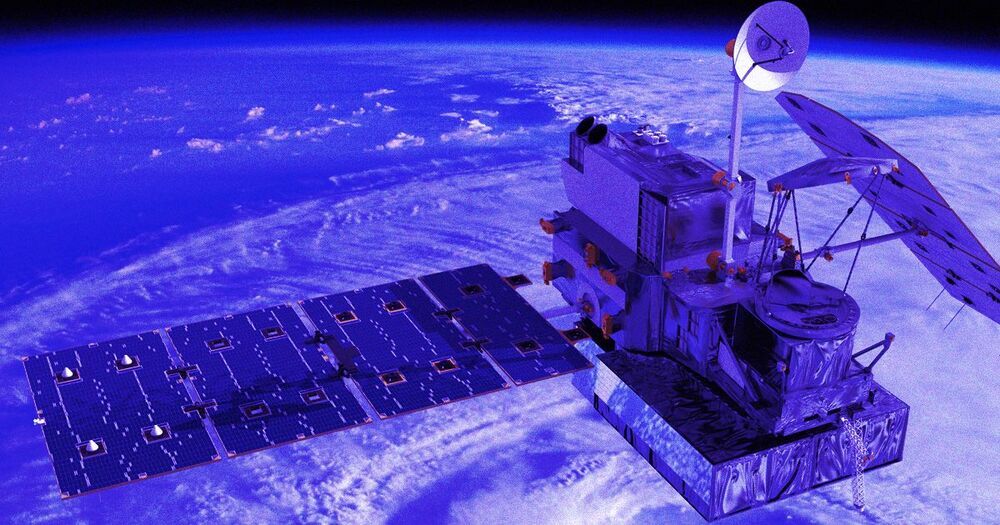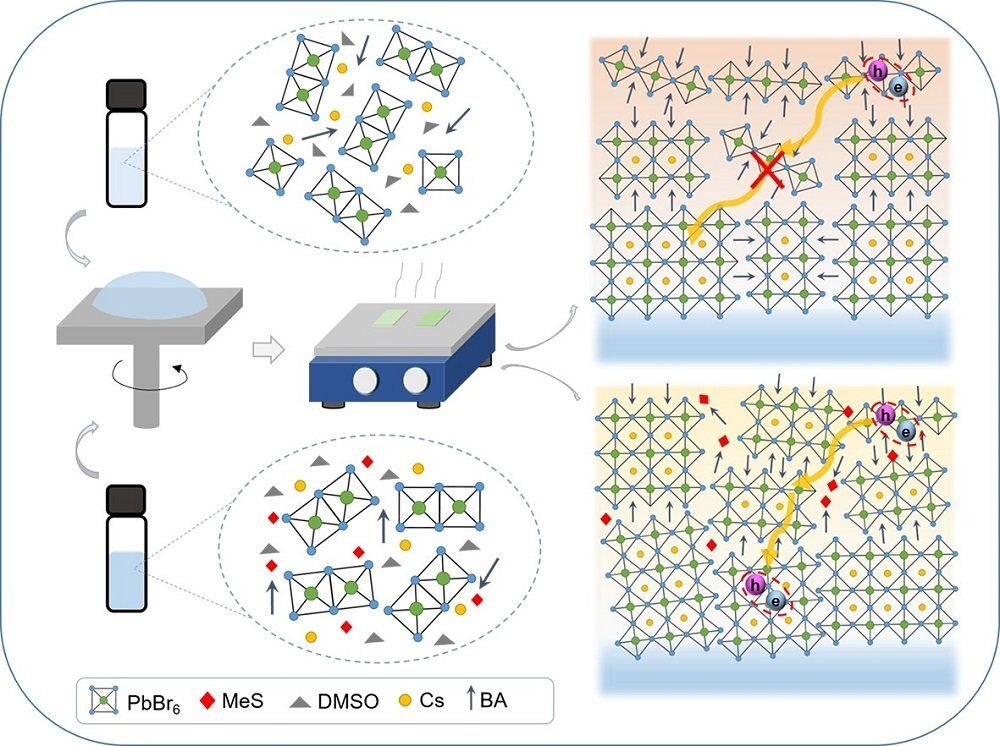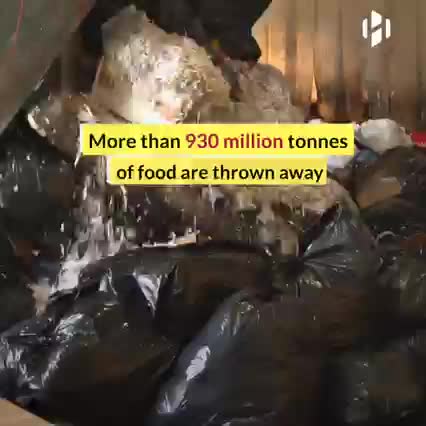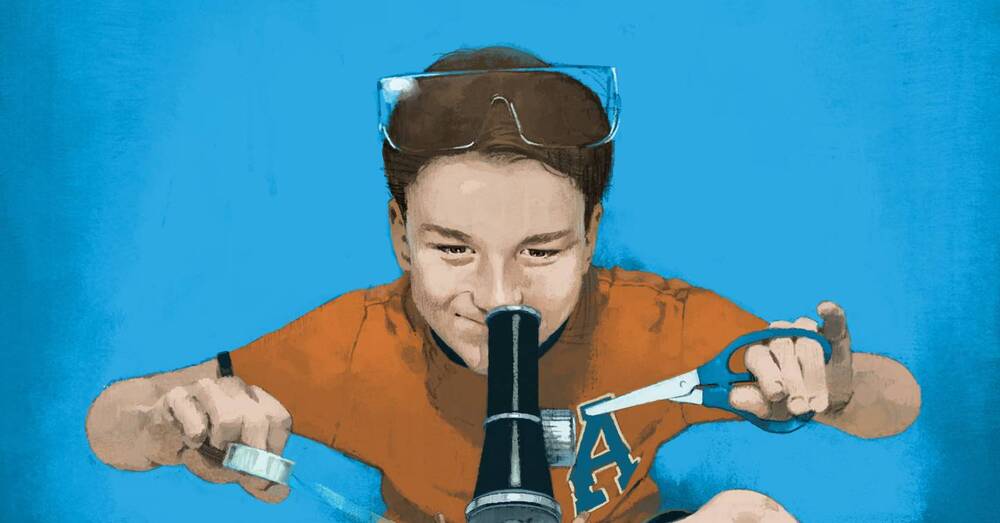Working in conjunction with Singapore’s Agency for Science, Technology and Research, Insectta’s technology uses a proprietary and environmentally friendly process to extract lucrative substances such as chitosan, melanin and probiotics from the larvae, it said.
SINGAPORE (Reuters) — In a quiet, mainly residential district of Singapore, trays of writhing black soldier fly larvae munch their way through hundreds of kilograms of food waste a day.
The protein-rich maggots can be sold for pet food or fertiliser, but at Insectta — a startup that says it is Singapore’s first urban insect farm — they are bred to extract biomaterials that can be used in pharmaceuticals and electronics.
“What these black soldier flies enable us to do is transform this food waste, which is a negative-value product, into a positive-value product,” said Chua Kai-Ning, Insectta’s co-founder and chief marketing officer.
